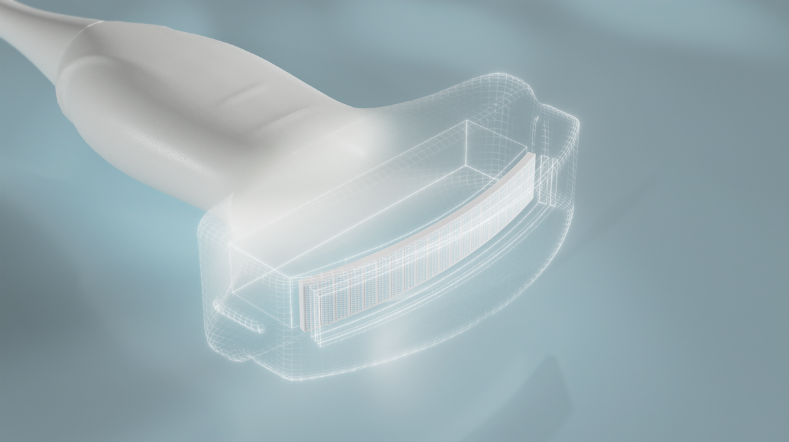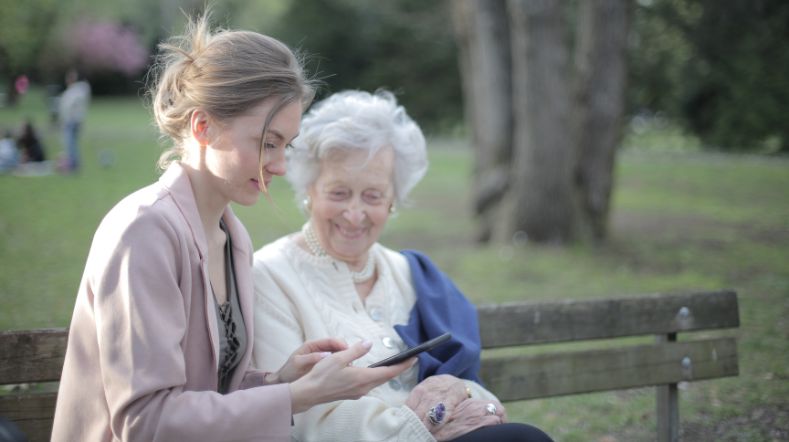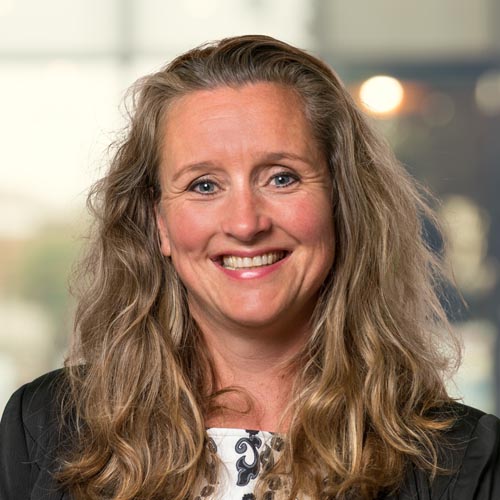Child health
With the Child Health expertise group, we contribute to the healthy and safe upbringing of children. We focus on preventive youth care, with an eye to the connection between children’s physical, social and psychological problems. At the interface between prevention and cure, and concentrating on integrated care and early prevention.
Our expertise
With our knowledge in the Child Health expertise group, we play an important role in relation to health and psychosocial issues concerning young people. We approach these issues in an integrated way by:
- identifying and monitoring health problems
- establishing determinants of health problems
- developing and implementing interventions
- evaluating the effects of interventions (including costs) and identifying the appropriate implementation strategy
- developing training courses for paediatricians.
Research areas for youth and health
Our Child Health expertise group focuses on a number of research areas related to the healthy and safe development of children:
- obstetrics and maternity care
- preventive healthcare for children and young people from 0 to 23 years old
- psychosocial development of children
- paediatric training.
Multidisciplinary teams
We work in multidisciplinary teams, together with, for example:
- midwives
- physicians
- psychologists
- epidemiologists
- health scientists.
In this way, we contribute to solutions for obstetrics and maternity care, youth healthcare and youth care. By means of evidence-based research, we develop guidelines and interventions that are applied by professionals in these fields. Through evaluation and monitoring, we measure the effects of interventions. With this work, we contribute to the effectiveness of preventive care for children.
5 examples of putting knowledge into practice
With our Child Health expert group, we translate knowledge from research into practice. Below are 5 examples:
1. Implementing guidelines
We set down knowledge in guidelines that we apply in the field. For example, guidelines for cleanliness and skin.
2. Monitoring developments
For example, we developed the national growth study and an international study on neonatal mortality rates: Peristat.
3. Developing interventions
We develop interventions, such as the Children of Divorce Intervention Programme (CODIP). This is a programme to support children in divorce situations. Another example is the intervention in relation to Shaken Baby Syndrome (SBS). This programme is for young parents, with the aim of preventing SBS.
4. Early detection
We focus, for example, on early detection (pdf) of psychosocial problems. Another example is the ALPHA-NL (pdf) questionnaire we developed, aimed at the early detection of worrying parenting conditions and child abuse. We do this, for example, by adapting the hospital emergency room protocol.
5. Cost-effectiveness analyses
We analyse the extent to which the interventions contribute to improving effectiveness.
Want to know more?
Are you interested in our work and its results in relation to the healthy and safe development of children and young people?
Get inspired
IPUT® The Integrated Photonic Ultrasound Transducer


Pioneering with a purpose: The Netherlands at the forefront of quantum innovation


TNO at Lowlands festival: science beyond the lab


DIMPLAD: Empowering early recognition of Alzheimer’s with user-centered digital solutions


How TNO is improving the health of a million mothers and children


